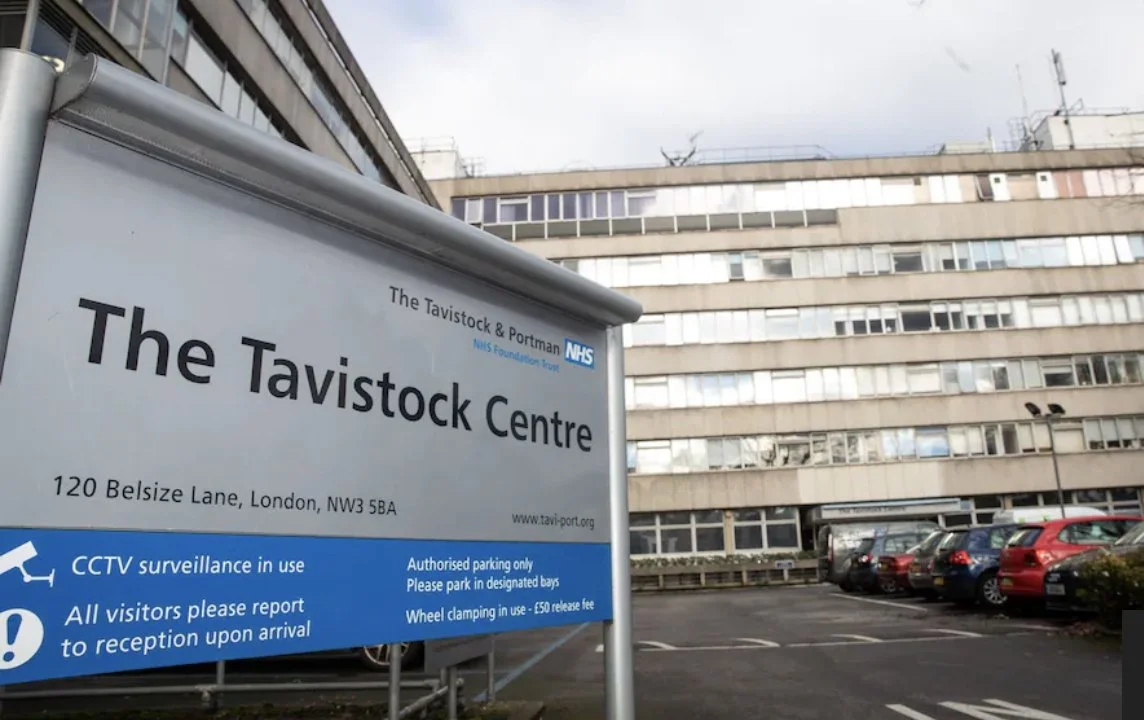Tavistock Transgender Clinic Shut Down by NHS because it is ‘Not Safe’ for Children
(Chaz Anon) Finally, a voice of reason has emerged from a chorus of insanity. The NHS has decided to shut down its gender identity clinic for children after a review found that it failed vulnerable children under 18 years of age. The gender identity service at Tavistock & Portman NHS Foundation Trust has been ordered to close by next spring.
It will be replaced by regional centres at existing children’s hospitals offering more “holistic care” with “strong links to mental health services”.
Tavistock’s Gender Identity Development Service (GIDS) clinic has been accused of rushing children into life-altering treatment on puberty blockers.
The pediatrician Dr Hilary Cass, who is leading a review of the service, issued a series of recommendations today for a radical overhaul of how the NHS treats young people who are questioning their gender identity.
The new centers - one based in London and the other in the north west of England - should be fully open in spring 2023 and would run in conjunction with leading children's hospitals, including Great Ormond Street and Alder Hey.
They will aim to help support young people under the age of 18 who are struggling with their gender identity, and be linked to mental health care and GP services where relevant.
There will be no immediate changes for people already under the Tavistock's care.
LGBT rights group Stonewall said it was pleased the NHS had decided to act decisively to address "unacceptable" waiting times faced by young trans people trying to access gender-identity healthcare.
Keira Bell, who brought a High Court case against Tavistock challenging its use of puberty blockers, said she was "over the moon" at the announcement.
The Tavistock has faced increasing pressure in recent years.
There were rising referrals and a long waiting list but at the same time some former staff were raising concerns about the way it operated.
Then, former patient Keira Bell went to court saying she had not been challenged enough about her decision at 16 to take drugs that began her transition from female to male - a decision she later regretted.
Earlier this year, Dr Cass's report said there was a lack of understanding about why the type of patients the clinic was seeing was changing, with more female to male patients and more autistic children. Dr Cass also highlighted inconclusive evidence to back some of the clinical decision making.




